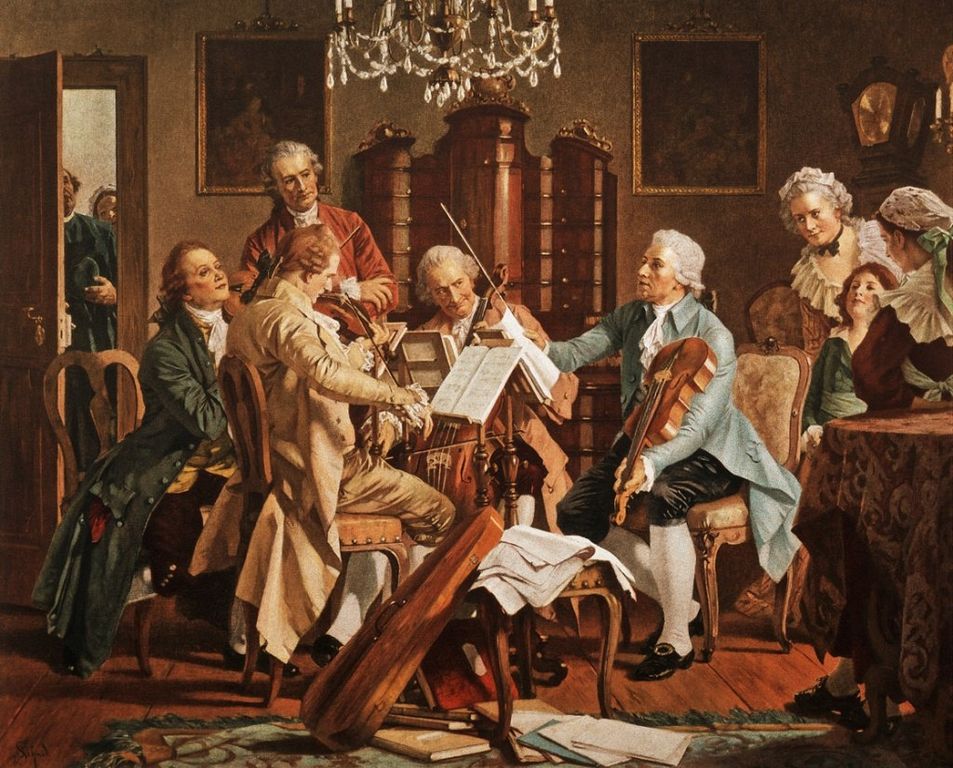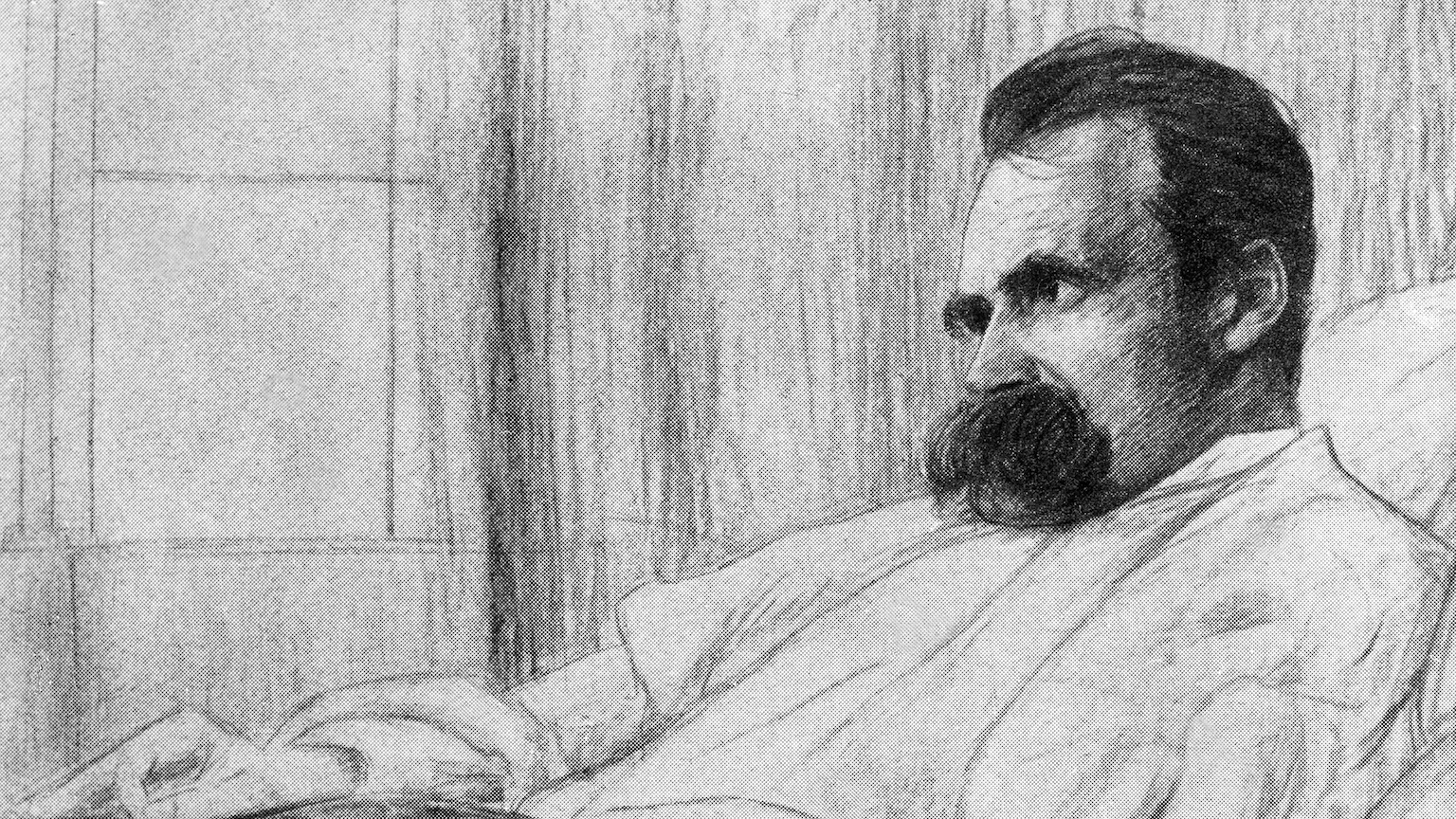How Nietzsche’s love for music influenced his philosophy
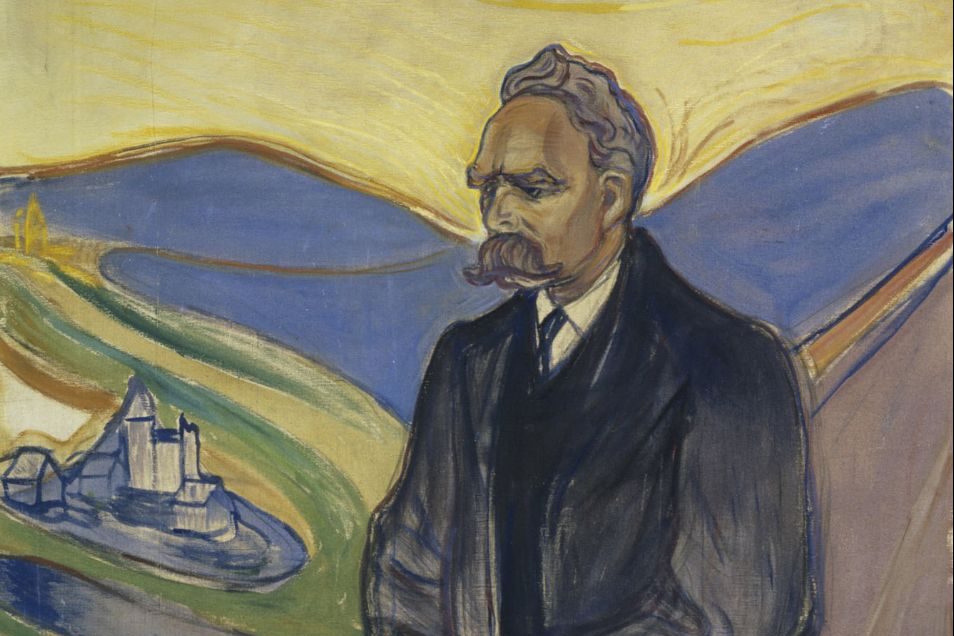
- Today, Friedrich Nietzsche is mostly remembered for his philosophy. But before Nietzsche could write books, he was already composing music.
- Nietzsche’s appreciation for music deeply influenced his understanding of the world, which he often separated into categories named after Apollo and Dionysus.
- According to Nietzsche, music was inherently Dionysian — a means through which listeners could forget their personhood and become connected to forces larger than themselves.
Friedrich Nietzsche learned how to play the piano when he was just a child. Unlike most kids from 19th century German families, he was motivated not by pressure from his parents but his own interest in the artform. As with his philosophical hunches, this interest developed remarkably rapidly. By the time he was a teenager, Nietzsche was composing songs of his own.
This appreciation of music would stay with Nietzsche up until the very end of his regrettably short life. Although the philosopher briefly gave up composing when he became a professor of philology at the University of Basel at the age of 24, he would eventually pick it back up again when he left teaching a decade later due to illness.
In his writings, Nietzsche reiterated a sentiment other thinkers (such as Arthur Schopenhauer) had already expressed before him: that music affected a human being on a much more profound level than logic; even when Nietzsche’s steadily declining mental health began to rob him of his ability to reason, he was still able to play Beethoven without fail.
Nietzsche’s love for and understanding of music shaped his philosophy in more ways than one. It inspired his writing style, which was lyrical and poetic when compared to the dry and unimaginative language used by his predecessors. More importantly, music played an indispensable role in Nietzsche’s understanding of life — so much so that, according to him, one could not exist without the other.
Nietzsche’s first compositions
In 1887, Nietzsche wrote that “there has never been a philosopher who has been in his essence a musician to such an extent as I am.” If uttered by any other person, this statement would have seemed haughty at best and preposterous at worst. But for Nietzsche, as the above paragraphs have indicated, philosophy and music were indeed inseparable.
Even when Nietzsche’s steadily declining mental health began to rob him of his ability to reason, he was still able to play Beethoven without fail.
When Nietzsche entered the academic world, his point of entry was philology: the study of languages, the hierarchy of semantic values they construct, and the way these hierarchies evolve over the course of time and across cultures. His interest in these questions may well have been cultivated by his appreciation of music, itself a universal language affecting our understanding of the world.
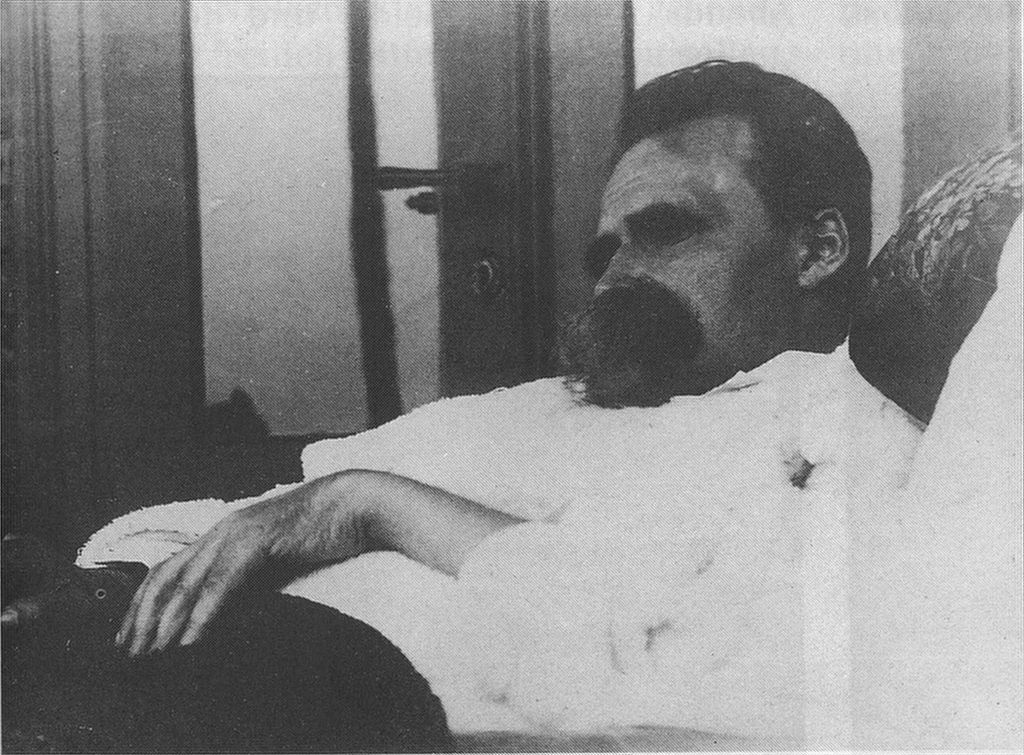
Nietzsche wrote his first serious composition, a fantasia for the piano which he titled “Moonlight on the Puszta,” at age 19. Though self-criticism prevented him from appreciating many of his earlier pieces, “Moonlight” appeared to have hit its mark as — later in his life — he frequently reworked the composition to add what he referred to as “finishing” touches.
The piece, brief but moving, is reflective of Nietzsche’s writing. “It is interesting to notice,” wrote Hansell Baugh in his article, “Nietzsche and his Music,” “that the programmatic idea embodied in the title of this earliest of Nietzsche’s compositions persisted throughout his life, in his own musical works, and in his criticisms of others. Nietzsche was never the ‘absolutist’ – not even in music.”
Dionysian versus Apollonian music
In order to truly appreciate Nietzsche’s music, one must first understand his ideas. Though Nietzsche was not a true relativist, relativism played an important role in his work. In his book Beyond Good and Evil, he argued that our perception of right and wrong — previously considered set in stone by both religious and non-religious philosophers — is heavily shaped by social, cultural, and economic forces.
Coming to this realization at an early age, Nietzsche “renounced” the study of philosophy in favor of philology. Instead of studying ideas in and of themselves, he wanted to take a closer look at the language we use to formulate those ideas. This attitude was greatly reflected in his music, which comes across as poetic without being descriptive or argumentative.
Every one of Nietzsche’s principal texts approaches the concept of music from a slightly different angle. In The Birth of Tragedy, Nietzsche divides human nature into two opposing categories: the Apollonian, rooted in reason and associated with our sense of self; and the Dionysian, based on biology and conducive to the abandonment of personhood.
Nietzsche considered music a distinctly Dionysian art. Building on an argument that was first put forth by Schopenhauer, he argued that music — in its purest, non-orderly form — could temporarily sever humans from their self-perception, allowing them to get in touch with whatever it was that connected them to each other and the cosmic ecosystem they are part of.
A window into the philosopher
That’s not to say that all music is inherently Dionysian. Many musical genres — from Wagnerian compositions where each instrument in the symphony represents something other than the sound that it makes, to modern pop music where lyrics state the thoughts and feelings suggested by the melodies they accompany — Nietzsche considered to be Apollonian to a fault.
Apollonian composers, Nietzsche argued, “degraded music into an imitative counterfeit of phenomena — of a battle, for example, or a storm at sea — and thus robbed it of all its mythopoetic power. For if it seeks to delight us solely by compelling us to seek superficial analogies between a process in life and nature and certain rhythmical figures (…) we can no longer be in a position to respond to the mythical.”
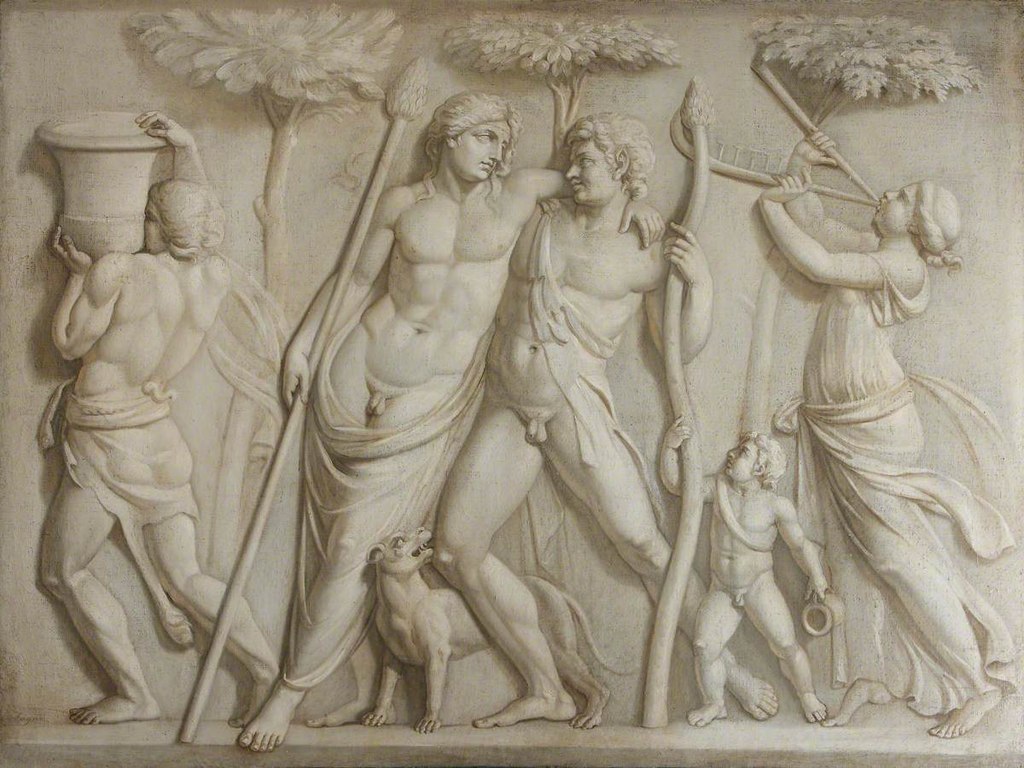
According to Nietzsche, Dionysian art ran counter to the Apollonian urge to define, categorize, and understand. The “mythopoetic power” which Nietzsche’s compositions try to channel is by definition unknowable. “For the myth,” Nietzsche goes on to say, “wishes to be seen as a unique example of universality and truth that gazes into infinity.”
Lacking the kind of uniformity that turned his friend Richard Wagner into an international sensation, Nietzsche never managed to transform his passion into a career. But while he is not remembered for his music, it is precisely this form of creative output which best allows modern readers to understand what Nietzsche — the anti-absolutist — was all about.
